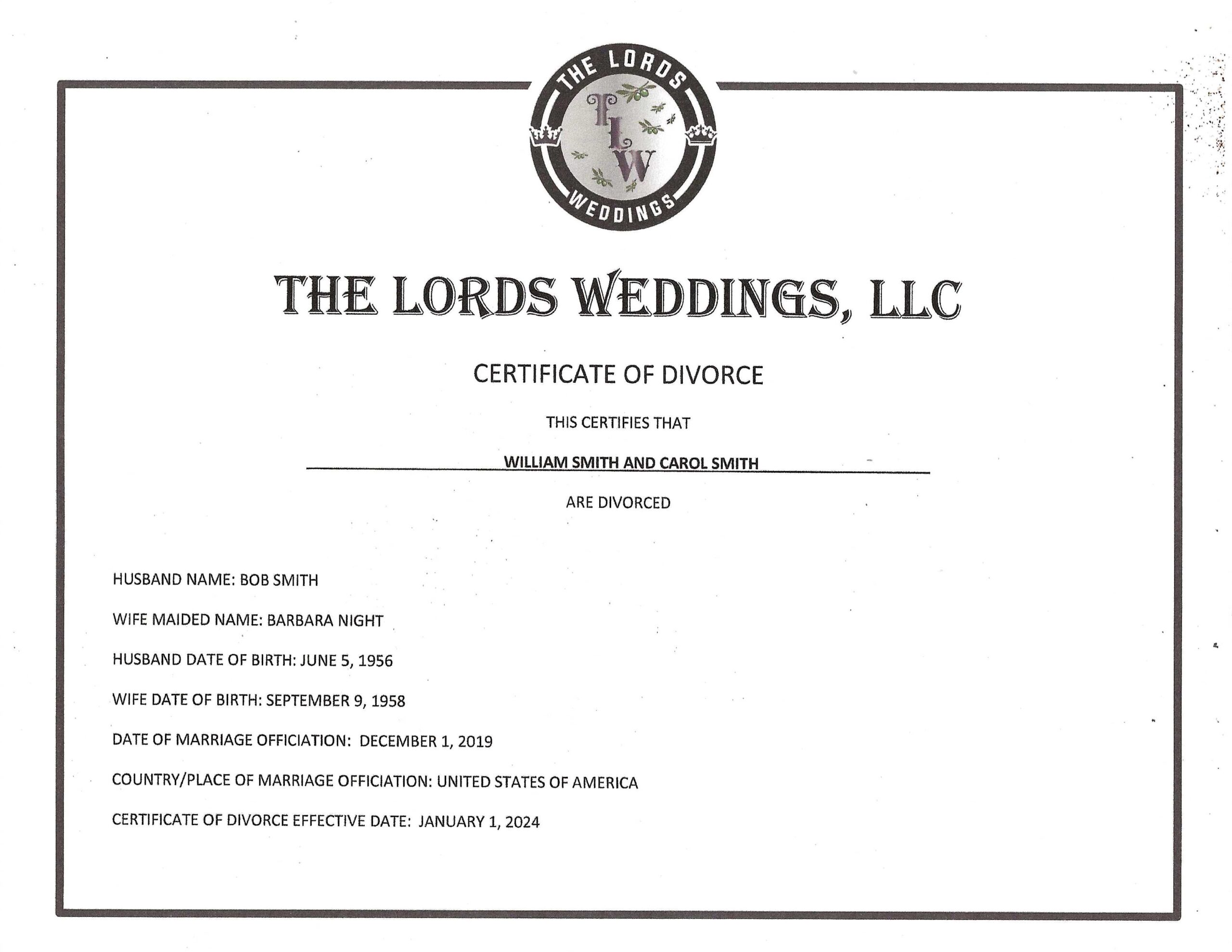While reporting this tale, Quartz found a whole solution industry of low-wage employees creating fake reviews for assorted apps. Mukesh (name changed), an university student, operates an evaluation administration solution. To build company, he delivers cool e-mails to app owners to tell them of their business. He claims to possess a community of over 6,000 individuals he manages through WhatsApp, whom compose fake reviews from their very own products.
“Not simply review: five-star rating + reviews regarding the application,” he writes inside the email messages to prospective clients. He charges an app Rs15 per review. For dating apps, he means that over fifty percent of this reviews are posted from “girl name IDs.” There’s no proof which he has ever struggled to obtain AIG.
In reaction to an in depth questionnaire delivered by Quartz in the existence of fraudulent dating apps in the Enjoy shop, a Bing spokesperson stated that the organization takes “security seriously and Bing Enjoy immediately scans for possibly harmful apps along with spammy reports before they have been posted regarding the Bing Play Store.”
Fraud is not not even close to any service that is dating a mass reach. In 2018, customer security authorities in the us filed case against Match.com september parent business of Tinder and OKCupid alleging that the apps “exposed customers to your danger of fraud” by “allowing fraudulent records to use regarding the online dating services.”
Communications like “You caught their eye!” and “Someone’s interested in you!” which were designed to convert free users into having to pay users, originated in false profiles, authorities alleged.
“Online online dating services demonstrably should not be using love scammers in an effort to fatten their important thing,” the FTC stated, a declare that Match declared “completely meritless.” In Asia, the cases that are reported rather more serious. In 2018, dating apps run by 21 firms were shut down and more than 600 suspects were arrested following allegations of fraud to the tune of more than $150 million targeting thousands of customers january.
“Some for the apps advertised clients could talk to ‘sexy girls’ online, but consumers discovered themselves messaging and answers that are receiving synthetic cleverness computer programs rather,” the New Express reported.
Whenever these apps fold, they frequently return having a name that is different pitch.
“Most Chinese businesses increase their ranking in the Enjoy Store by paid traffic, reaching users by heavily spending on adverts. Chances are they understand there isn’t any retention, so that they burn up cash and disappear completely,” said Himanshu Gupta, an old professional of WeChat Asia, owned by Tencent, a technology company that is chinese. “That’s why you will discover numerous Chinese apps in the most truly effective 100, nevertheless the names on that list keep changing.”
By belated 2019, whenever L’amour became extremely popular, numerous comparable apps had currently gone off the market and others had been rising within the maps. The YouTuber whom warned their people to stay far from L’amour stops their movie by recalling an app that is similar the immediate past: “If you could have utilized the Pepper dating application, which was the exact same as L’amour.”
just just What he probably didn’t understand is the fact that Pepper has also been run by L’amour’s parent business AIG. (We downloaded a version that is archived of Pepper software and tested it to get it is in reality a duplicate of L’amour.)
Pepper is just among the dating that is recent to appear like a clone of L’amour’s. Other people bearing a similarity that is eerie Sweety (earlier called Barfi) and DPA. Were only available in December 2018 and August 2019 correspondingly, DPA and Sweety have actually both since crossed 1 million installs. Not merely is the screen common, but perhaps the bots that are apparent communications on these platforms are exactly the same.
“Tia” is active on three of those apps, Pepper being off the market, and starts each friend finder promo codes discussion with similar concern with the same request for their WhatsApp number“Do you watch porn?” and ends it. The registration packages when it comes to three apps are nicely aligned, because of the re re payment constantly directed to AIG’s partner company LinkYun Technologies. Tian didn’t answer our concern concerning the ownership of Pepper and Barfi.
Regarding the Enjoy shop, only Pepper noted AIG as the moms and dad business. The others keep their ownership information vague: L’amour is owned by “L’amour Team”; Barfi by “Barfi Team” and DPA by “Wiscom Corporation Limited,” business which can’t be traced at all. Nonetheless, the foundation code of Barfi mentions AIG because the owner.
Google search trends, a proxy for user interest, display the lifecycle among these apps that are predatory. Pepper’s appeal surged through the very first 1 / 2 of 2019, simply to fall most likely because of negative reviews in August 2019, and that is exactly when seek out L’amour found.
There are numerous indicators that recommend L’amour will meet with the fate that is same from Jan. 11 to Jan. 14, the software slipped from the range of top-10 grossing apps it wasn’t even yet in the most effective 500 throughout that time and then come back to its quantity six place on Jan. 15.
L’amour may disappear completely once again, but it will likely reappear in a new incarnation if it does. India’s scams that are dating-app apparently right right right here to remain. Snigdha Poonam is a journalist that is delhi-based the author of Dreamers: How younger Indians Are Changing the entire world. Samarth Bansal is really a freelance reporter located in brand brand New Delhi where he writes about technology, politics, and policy.







